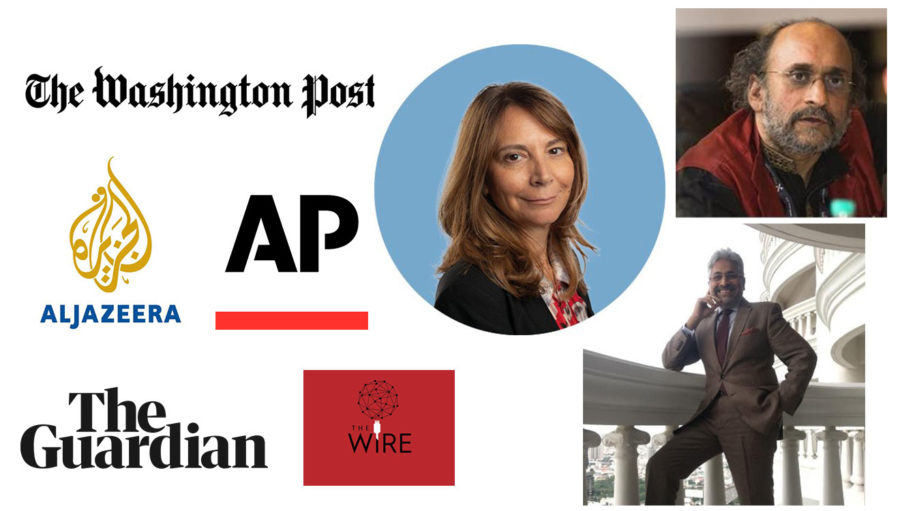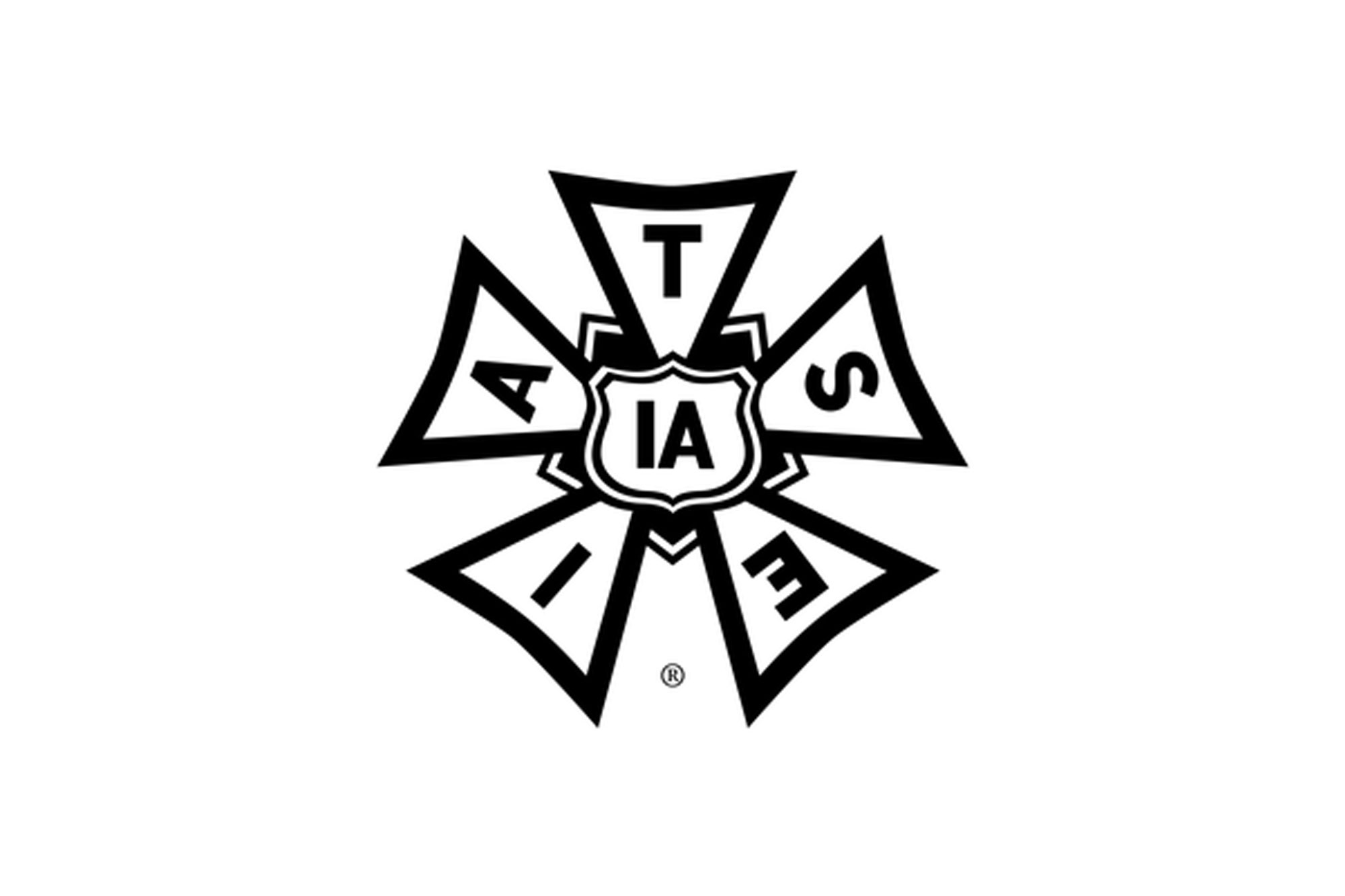In one of the biggest investigative journalism stories of 2021, it has come to light that the phone numbers of at least 40 Indian journalists, as well as several politicians, activists and lawyers were part of a list of 50,000 mobile phone numbers across the globe that were targeted by the Pegasus spyware developed by a private Israeli firm. The investigation was carried out by a group of 15 news organisations across the globe, including The Washington Post, The Guardian, and The Wire.
The Pegasus Project was conceived by the France-based non-profit journalism organisation Forbidden Stories and the human rights group Amnesty International.
The powerful spyware tool Pegasus was developed by NSO Group, a private Israeli security firm that is a worldwide leader in the field of private surveillance. The spyware, once activated in your phone, can access and extract all your personal data, chats, contact numbers, call logs, and activate your microphone to eavesdrop on all your conversations.
NSO said it has 60 government agency clients in 40 countries, though it did not name them. The company further said that it licenses its software only to “vetted governments” and Pegasus is meant to be targeted at criminals, including drug dealers, terrorists, and paedophiles, and not ordinary citizens. The NSO also denied operating the software it licenses.
The Pegasus Project examined the numbers on the list and traced them to smartphones owned by several journalists, human rights activists, ministers and lawyers, which were either infected or subjected to attempted hacks by the spyware. The 1000 confirmed identities included at least 85 human rights activists, 65 business executives, several members of Arab royal families, 189 journalists, and 600 government officials and politicians across more than 50 countries.
Among the 189 journalists, were the names of at least 40 Indians, including senior journalists who have done investigative reports against the ruling government.
The list includes The Wire’s founder-editors Siddharth Varadarajan and MK Venu, and its regular contributors Rohini Singh and senior columnist Prem Shankar Jha, along with freelance journalist Swati Chaturvedi, former Economics and Political Weekly editor Paranjoy Guha Thakurta, and former Indian Express journalist Sushant Singh.
Also in the list were independent Jharkhand-based journalist Roopesh Kumar Singh, North-East-based editor in chief of Frontier TV Manoranjana Gupta, Bihar-based Sanjay Shyam, Ludhiana-based Punjabi daily Rozana Pehredar editor-in-chief Jaspal Singh Heran, former Lok Sabha MP and veteran journalist Santosh Bharatiya, former national security reporter Saikat Datta, former TV18 anchor and diplomatic reporter at The Tribune Smita Sharma, former Outlook journalist SNM Abdi, and former DNA reporter Iftikhar Gilani.
Other journalists belonging to bigger media houses on the list include Ritika Chopra, who covers education and the Election Commission, and Muzamil Jaleel, who writes on Kashmir, both with The Indian Express; Sandeep Unnithan, who covers defence and the Indian military for India Today; Manoj Gupta, editor of investigations and security affairs at TV18; and Vijaita Singh, who covers the home ministry for The Hindu.
Four current employees and one former employee of the Hindustan Times group were also targeted by Pegasus, including executive editor Shishir Gupta, former bureau chief Prashant Jha, defence correspondent Rahul Singh, a former political reporter who covered the Congress Aurangazeb Naqshbandi, and a reporter in HT’s sister paper, Mint.
Other journalists across the world on the list uncovered by the Pegasus Project belong to international media houses such as The Wall Street Journal, CNN, The New York Times, Al Jazeera, France 24, Radio Free Europe, Mediapart, El País, Associated Press, Le Monde, Bloomberg, Agence France-Presse, The Economist, Reuters, and Voice of America.
Editor of the Financial Times, Roula Khalaf, who became the first female editor in the newspaper’s history last year, was also selected as a potential target.

In an email response to The Washington Post’s India bureau chief Joanna Slater, the Government of India said the questionnaire it was sent indicated “poorly conducted research” that “the story being crafted is one that is not only bereft of facts but also founded in pre-conceived conclusions.”
The statement added that India’s Minister of Electronics & IT has also “spoken in detail, including in the Parliament, that there has been no unauthorised interception by Government agencies.”
Recommended
“The allegations regarding government surveillance on specific people has no concrete basis or truth associated with it whatsoever,” it further said, and compared this to “similar claims” that were made regarding the government’s use of Pegasus on WhatsApp, which it claimed also had “no factual basis.”
However, the statement also added that there is a “well established procedure” in the country through which “lawful interception of electronic communication” is carried out for the purpose of “national security” by agencies at the Centre and States.
Meanwhile, ANI reported that authoritative sources from within the NSO Group termed the entire issue as “an international conspiracy” and said that while they cannot speak about specific customers, the “list of countries in this story is totally incorrect some are not even our clients.”



